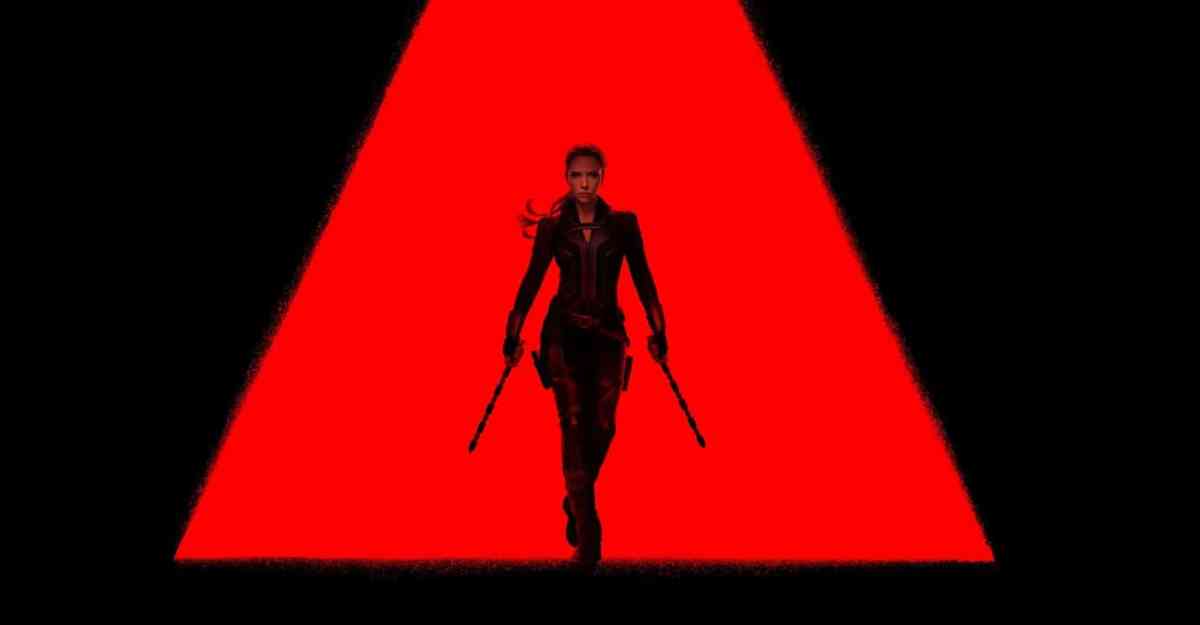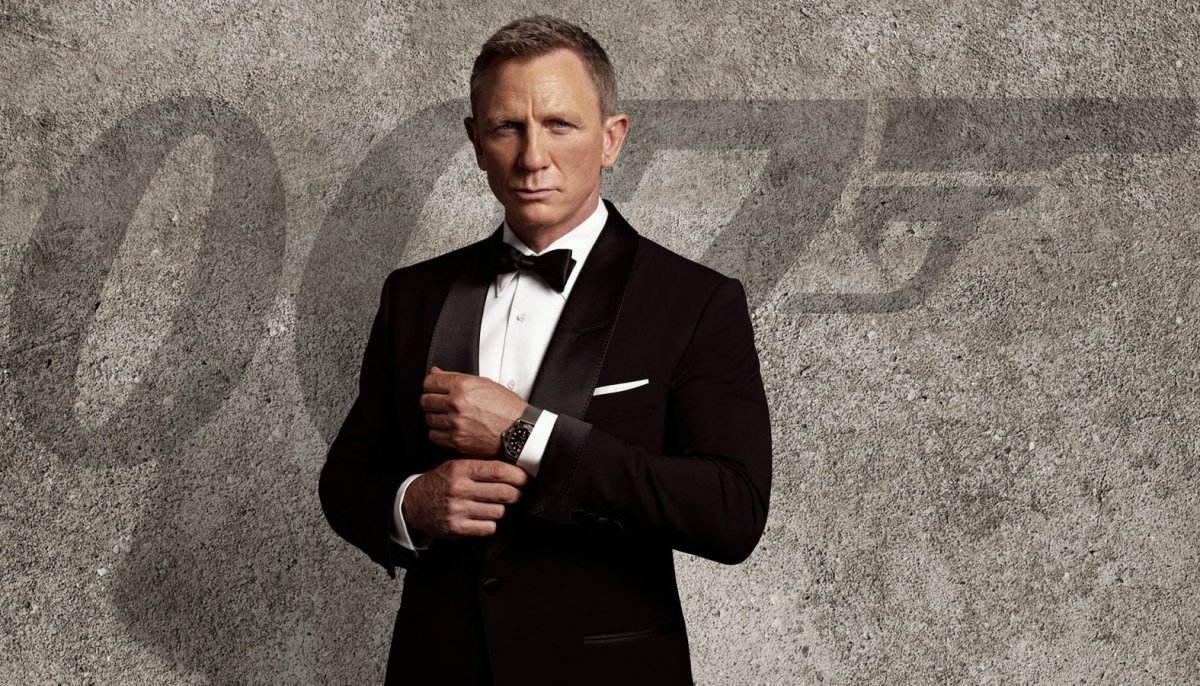There is no denying the fact that the Marvel films have a formula. As I’ve written in the past, that formula revolves around a similar color palette, structures that parallel each other, screenplays that have similar tones and just the right amount of humor, and a host of other variables. However, its massive flexibility allows Marvel to maintain a superhero genre of its own while also blending it into other genres seamlessly, delivering a host of films successfully that are both the same and yet different. It is one of the biggest reasons the Marvel Cinematic Universe (MCU) thrives where others fail. Black Widow is the latest attempt at this genre-mashing, as Marvel works to deliver a spy film wrapped up in a Marvel movie. It is also, in that sense, one of Marvel’s bigger failures, because the film’s Marvel-ness ultimately overwhelms and burns out any trace of the spy movie.
To clarify, Black Widow is not a bad movie. I found it to be a decent farewell to a character who never got her due diligence throughout the MCU’s first decade. The film’s incredible cast carries a lot of the lift here, but it’s also full of really strong action and touching moments and is generally fun to watch. It isn’t Marvel’s best film, but like the majority of movies it releases, it definitely works. However, there are issues beneath the surface that warrant further discussion.

Marvel has done incredible work varying the genres of its films from nearly the start. Captain America: The First Avenger does a solid job of weaving a superhero origin into the war film genre. Ant-Man is a fantastic low-key heist film with Marvel action injected in that helped to re-ground the MCU after Avengers: Age of Ultron. Iron Man 3 uses the buddy cop genre to unpack the character himself, subvert our expectations of a villain, and indeed take Marvel’s first good stab at shaking up its formula a bit. There are plenty of other examples of how the MCU blends genre to deliver films that work together but don’t always feel the same.
Black Widow attempts to blend the spectacle and story of a Marvel film with an action spy movie like James Bond and Jason Bourne. As if to drive that idea home, Natasha even watches the James Bond film Moonraker at one point, hearkening to that franchise’s most comic book-style film in which James Bond goes to space to destroy a eugenics-loving madman — which is basically the plot of Black Widow. Black Widow doesn’t exactly hide its spy influences. Marvel has also expressed its intention for Black Widow to be a more “grounded” Marvel film as a spy movie.

The issue is just how quickly the spy stuff goes out the window. The beginning of the film actually plays out like something you’d see in Bourne or some of the less bombastic Bonds, with Natasha stripped of most of her superhero stuff and doing some actual spy research. There’s a bunch of spy movie staples as well, like an intense close-quarters fight between Natasha and her fake sister Yelena (Florence Pugh) in the same rundown European apartment that every spy film has a close-quarters fight in since Jason Bourne first did it. The film features an overblown evil Russian villain intent on a form of world domination and even has a Q-like sidekick helping Black Widow, but it all seems to get lost as the superhero aspects take over.
The inclusion of Taskmaster means that there’s less spying and more fisticuffs going on, and our big villain, an utterly repellent Ray Winstone, never gets the screen time to become either a compelling character or a bombastic Blofeld type. The end of the film features a massive (and awesome) action set piece that has the erstwhile family coming together to defeat evil. These aren’t failures on the whole, but they do mean that Black Widow just isn’t a spy film like it purports to be.
The failure to merge the two genres does mean the film gets a bit more time to do other things. Natasha actually being fleshed out as a character is a major boon for the MCU, as it’s spent decades basically ignoring her and only offering small scenes between her and Hawkeye reminiscing about the not-so-good old days. It’s a bit of a conundrum complaining about their failure to actually make a spy film when part of the end result is that we get a pretty good Black Widow movie.

Scenes between Natasha and her surrogate family are entertaining and touching but feel out of place in a genre that is known for cooler calculation and complex plotting. By the end of the movie, everything is so overblown that it’s hard to think of it as a spy film at all; the Marvel-ness has fully taken over. And while the use of Moonraker may be a way for the film to say spy films can be comic-like too, that film still offers up the kind of overblown spy story that Black Widow can’t quite grasp. Black Widow misses the bombast and tongue-in-cheek playfulness of the Roger Moore era of Bond as it sticks to Marvel’s tried and true style.
Part of this issue is actually not Black Widow‘s fault at all. As the first film of Phase 4, it was supposed to come out in early 2020. Phase 4 includes not just films but also Marvel Studios’ entrance into television, and as we know now, that meant a big shake-up with the formula. Even the movies of Phase 4 seem to be pushing into new areas with the likes of Oscar-winner Chloe Zhao filming largely on location for Eternals and the signature style of Sam Raimi being brought to Doctor Strange in the Multiverse of Madness.
Had it released last year, Black Widow could have been an effective bridge film with its overwhelming Marvel-ness, bringing folks along before diving deep into the weirdness of WandaVision, the social commentary of The Falcon and the Winter Soldier, and the Doctor Who time travel of Loki. However, we got all of those more experimental shows first, so Black Widow‘s extreme return to form that overwhelms its genre aspirations feels even more jarring than it should. And to add insult to injury, MCU events are now playing kind of out of order.

However, if Black Widow‘s lack of successful genre-blending still leads to a more in-depth character, some awesome action, and a decent film, then what’s the issue? Well, it’s just that Marvel’s success stems from its ability to do the same thing but different. That ability is built on the back of blending genres into the MCU formula, or else “superhero fatigue” will truly begin to kick in. Granted, superhero fatigue is a complaint plenty of folks claim exists but hasn’t actually impacted the MCU in any meaningful way, given Black Widow‘s stellar box office, the rampant success of the last two Avengers films, and the huge impact of the first three Marvel Disney+ shows. However, just because it hasn’t been a problem yet doesn’t mean that will be true forever. If Marvel were to ever “fall,” it would probably be from its inability to more fully commit to other genres, and Black Widow seems to be the first real crack in that armor.
The fact is that Marvel appears to be truly reinventing its formula in the upcoming films and shows, yet Black Widow adheres tightly to the old formula. The film could have been an incredibly intriguing spy movie, with a grounded family dynamic storyline that is interwoven with an interesting plot and, yes, some superhero antics. Marvel just couldn’t get out of its own way though, delivering an MCU film that neither agrees with the new direction Marvel is evidently going nor embraces the fantastic genre filmmaking it’s executed in the past. Black Widow is thus stuck in an odd middle ground. Ultimately, Black Widow may be a good Marvel film, but it would have been better to get a great spy film as well.





Published: Jul 13, 2021 4:00 PM UTC